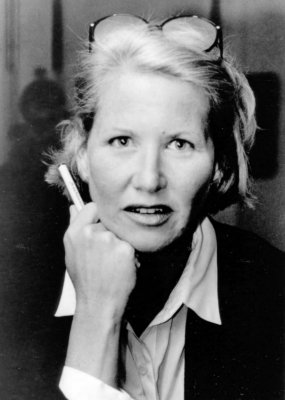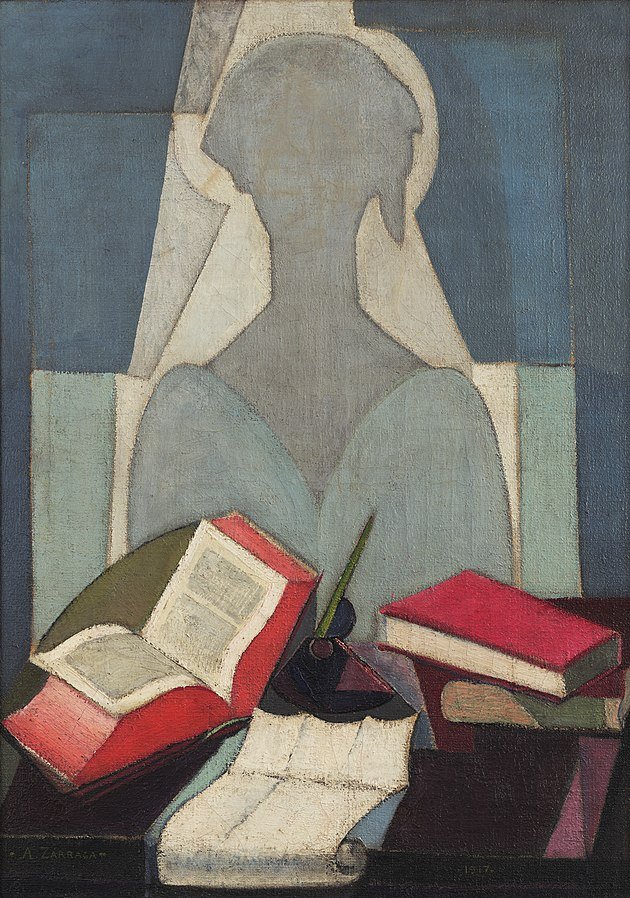Selected Essays, 2013-2024.
-

Extinguishing the Self: On Robert Stone
“Until the pandemic forced us into hiatus, I curated a reading series for emerging writers in New York City. For 13 years, we met monthly at KGB Bar, a literary venue in the East Village. The bar was rarely full, but it was always a chore to get people to quiet down; we encouraged readers to invite friends, family, and other writers. On the best nights, the place was full of convivial anticipation, like we were throwing a big, bold send-off before these promising writers lit out to new territory.” —from The Millions, 11.25.2020
-

The Original Fire: On Mary Shelley and Creativity
“The process of writing is frustratingly non-linear. You race forward into enemy territory, then retreat, erase, revise, re-plan, and then dash forward again, trying to make more progress each time, but not always succeeding. At least this is my creative process: after I’ve settled on an idea that I want to write about, I stop writing. I walk around, thinking about the writing I want to do, but—and this is important—don’t do it. It bothers me, this idea that I want to write about but can’t yet put down on paper. That’s sort of the point.” —from The Millions, 11.7.2022
-

Silent All These Years: On Annie Dillard
“It doesn’t cost more than a couple clicks to get the complete text for Dillard’s piece on witnessing a solar eclipse. If you haven’t read it, you should; if you’ve read it before, reread it. “Total Eclipse” was published 40 years ago, but it’s still wild. I read it for the first time one winter night. I had a good hunch the moon would slip between sun and Earth in the narrative. But I wasn’t prepared for a lunatic opera. By the end of the piece I was like, wait, wait, who is this woman?” —from The Millions, 7.29.2021
-

Not Sleeping
“Dreams have no beginning, people like to say. As if this clarifies how the dream world differs from the real one. The same could be said about life: Who remembers the beginning of his own lifetime? Who can recall the blissful hurt of that first lungful of air?” from Southeast Review 38.2, 5.01.2019.
-

The Haunted Writing Life of John Polidori
“There are some people who, in the company of genius, flourish and expand in surprising, collaborative ways. Everyone thinks bigger when such people are in the room. Polidori was not such a person. He was 21 at the time, and, no surprise, he was also haughty, needy, and both proud of his credentials and spoiling to prove his mettle. He brought plenty of grief upon himself by bickering with others and insisting he was their equal as a writer.” —from The Millions, 4.19.2023
-

The Path is No Path: On Not Becoming a Poet
“In my second year of college I applied for a spot in a creative writing program. If I got in, I could graduate in two years with a writing major. If I didn’t, well, I needed a new major. I fussed over the application for months. Attended info sessions, met with the program director, revised my portfolio of poems so often that one professor finally said, Bryan, relax. Let the poems speak.” —from The Millions, 2.28.2024
-

Rise of the Ghost Machines
“I was halfway through writing the first draft of a novel about artificial intelligence when I heard that Christie’s planned to auction a portrait produced by AI. This was before DALL-E, before GPT3, before Gemini, Grok, and the latest chatbots. At the time, the idea of an algorithm producing art was plausible, but ridiculous. In theory, it was possible to auction off the bizarre renderings of generative adversarial networks, but who would want to pay for it?” —from The Millions, 6.5.2024
-

Counting Steps; Or, How to Live Like an Animal
“I have written this essay in turns, in spirals. Some parts are older than others. You are reading it as a single piece. It was not put together that way. Right now it is 12:36 a.m. on Saturday, January 30, 2016. Right now I am alive. Right now my parents are alive. My wife, her parents, our siblings, our children, our dog. This should mean something, this shared moment. Certainly it should mean more now than later, when one of that close kin is gone; yet why is it that I know at some point in the future, at some distance from right now, I will look back on this night, a quiet cold one passed happily at home, and think, my God, I had no idea what that world was really worth?” —from Southeast Review, SER Online, 05.01.2019
-

The Fault in Our Rock Stars
“They are like us, but not us; possessed of our appetites, but appetites at a scale that would kill most normal human beings. As a result, it is entirely understandable—maybe it’s even inevitable—that after some of these stars pass their prime, they’re left aimless and lost. To fault them, or to judge them, is self-indicting, because, while they may pass as gods, they are really creatures of our own making.” —from Pacific Standard, 12.4.2024